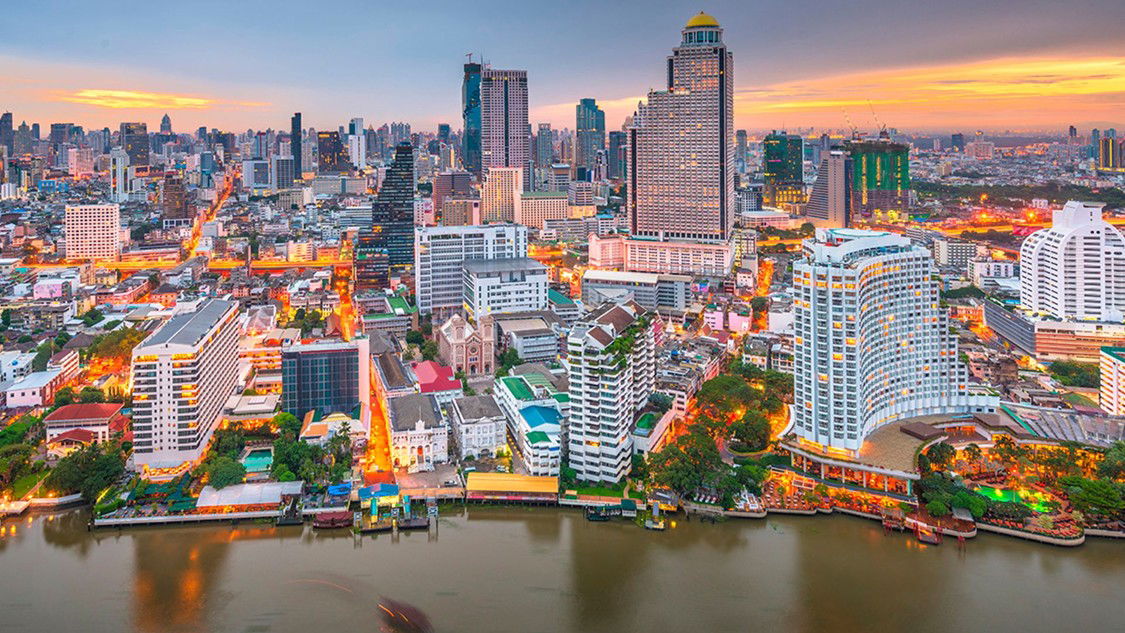Thailand senate rejects casino bill over social and security concerns

Thailand’s Senate has rejected a draft bill to create entertainment complexes with casinos, citing risks to social stability, economic security, and national safety.
The move aligns with Prime Minister Anutin Charnvirakul's opinion, who opposes casino legalization and insists tourism growth should not threaten social cohesion or national security, as per the Bangkok Post.
The bill, introduced under the previous government, was reviewed by a special Senate committee chaired by Senator Dr. Veerapun Suvannamai. Presenting the committee’s findings, Deputy Senate President Gen. Kriengkrai Srirak warned that the legislation could trigger long-term harm, including an elevated risk of money laundering and a loss of public trust. The committee recommended that any future attempt to legalize casinos be subjected to a national referendum to ensure public participation.
Committee Vice Chair Senator Sornchat Vichaya Suwannaprom suggested studying alternatives such as casino-free entertainment complexes, limited-access gaming zones, or regulated online gambling. He cited Sydney’s tourist-only casino model as a possible example.
Several senators criticized the bill for obscuring its primary intent. Senator Chinachot Saengsang argued that “the casino is not a side feature — it’s the core of the proposal,” warning that advancing such legislation under the guise of broader entertainment policy could erode public trust.
Senator Sitthikorn Thongyos also raised concerns that recent government actions — such as the reclassification of poker and the promotion of retirement lotteries — had already normalized gambling behavior, potentially easing the path toward wider legalization. He urged the government to abandon the proposal altogether.
Veerapun noted that with parliament set to dissolve in four months, any party supporting casino legalization should declare it in its election campaign.
The bill was pitched as an economic boost after the pandemic. A 2024 Maybank Securities study estimated casino complexes could generate up to THB187 billion (USD5.14 billion) annually, with a proposed 17% tax rate lower than in Singapore, Malaysia, the Philippines, and Macau.
Still, the Senate committee concluded that the economic benefits would be limited, warning that most revenue would merely circulate between winners and losers while imposing heavy infrastructure costs and regulatory burdens on the state.
















